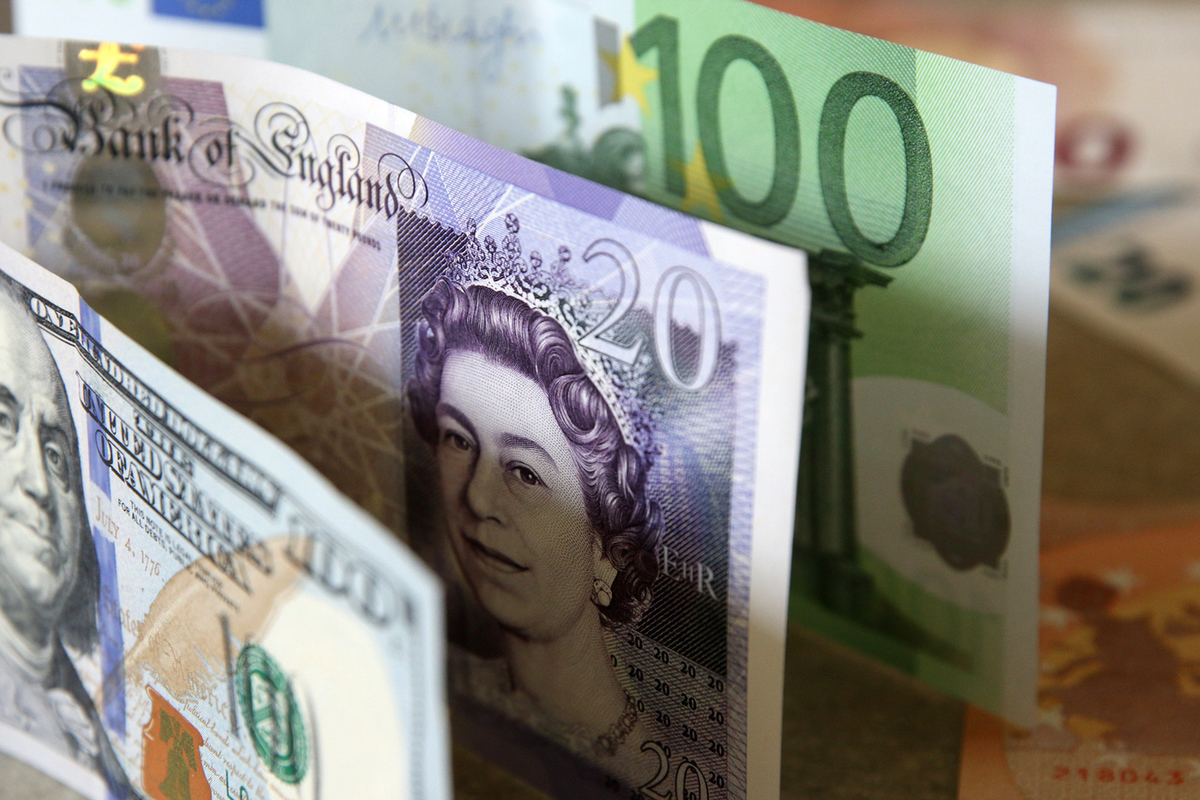Russia may begin exchanging blocked assets with the West in the coming weeks
[ad_1]

Small investors will be able to return the funds, but not the state and business
Over the coming weeks, the exchange of blocked assets between Russia and unfriendly countries may begin. The launch of the corresponding mechanism was announced by Deputy Minister of Finance Alexey Moiseev. Russians whose investments did not exceed 100 thousand rubles will be able to sell frozen foreign securities to non-residents for their funds from type “C” accounts. The exchange concerns only assets locked in the National Settlement Depository (NSD). MK found out from experts whether this exchange would be profitable.
In March 2022, international depositories Euroclear and Clearstream suspended operations with NSD due to the imposition of sanctions against Russia. As a result, the securities of our investors were blocked, and payments on them ceased to be received. In addition to the funds of private investors, securities purchased by management companies that were part of various mutual investment funds were also frozen. As a result, all types of investors – both individuals and legal entities – have not received their income since February 2022.
But Euroclear and Clearstream also had assets in Russia in 2022, and in response to sanctions, NSD also froze them. These funds were concentrated on type “I” and type “C” accounts. A type “C” account is a special account opened for a non-resident investor (foreigner) in a bank, with a broker, or in a depository, into which only rubles can be credited, for example, dividends on shares and coupons on bonds in Russian money. It is impossible to withdraw money from it, but funds can be used to pay for a limited range of purposes, for example, to pay taxes or buy OFZ. At the same time, the Central Bank of the Russian Federation and the Ministry of Finance have the right to separately issue permission to credit this profit to a regular account or convert rubles into foreign currency.
Just recently, there was no need to talk about the possibility of exchanging at least some assets with the West: in unfriendly countries it was only about taking everything away from Russia and taking it to their treasury or transferring it to Ukraine. The appearance of the Ministry of Finance’s proposal, at first glance, may indicate at least a partial change in sentiment, but judging by the details, there is no point in rejoicing ahead of time. In the scheme voiced by Moiseev, the conversation is, firstly, only about the assets of private investors in the amount of up to 100 thousand rubles, however, they account for the majority of the frozen funds of individuals. This is not about unlocking government funds or the assets of large companies. Secondly, only funds that are in the NSD are subject to exchange, but not other frozen assets. “The threshold value of 100 thousand rubles is the maximum amount due to one person under all of his contracts,” says Nikolai Shvaikovsky, head of government relations at Alfa Capital Management Company. — The redemption will take place at the expense of funds received in type “C” accounts. The exchange is voluntary and will take place at organized auctions (special trading sessions).” The list of foreign securities that can be sold at auction will be approved by a decision of the government commission.
“According to the Ministry of Finance itself, in total, due to the termination of interaction between NSD and Euroclear and Clearstream, the funds of private Russian investors in the amount of 1.5 trillion rubles were blocked, we are talking about 3.5 million Russians,” says the head of the department for work with wealthy clients of IC Fontvielle Sergey Solovykh. “Moreover, the vast majority had assets worth less than 100 thousand rubles under blocking, which is why this figure appeared in the Decree as the maximum total value of securities subject to return within the first stage to one applicant-investor.” Thus, the Russian authorities are simply trying to solve the problem of small private investors in order to continue to deal only with large ones.
True, the very fact of participation in the exchange process does not guarantee the success of the transaction. The desire to buy out these assets will directly depend on the second party – foreigners whose funds are blocked in type “C” accounts. In addition, the number of assets of unfriendly non-residents blocked on the Russian side in type “C” accounts is less than those frozen for Russian retail investors. This is another reason why there is a limit on the amount of assets that can be exchanged.
At the same time, according to Associate Professor of the Department of Finance for Sustainable Development of the Russian Economic University. Plekhanov Mikhail Gordienko, the equivalence of the exchange is difficult to assess, since over the past two years the value of non-resident securities has decreased, and the exchange rates of the currencies used in this exchange have also changed. Both factors play largely in favor of non-residents, the expert is sure.
Russia, declaring its readiness for exchange, sends Europe a positive impulse, but whether there will be a constructive response where this initiative of the Ministry of Finance is still not being discussed in any way (though they are not protesting against it), the coming weeks will show.
[ad_2]
Source link






